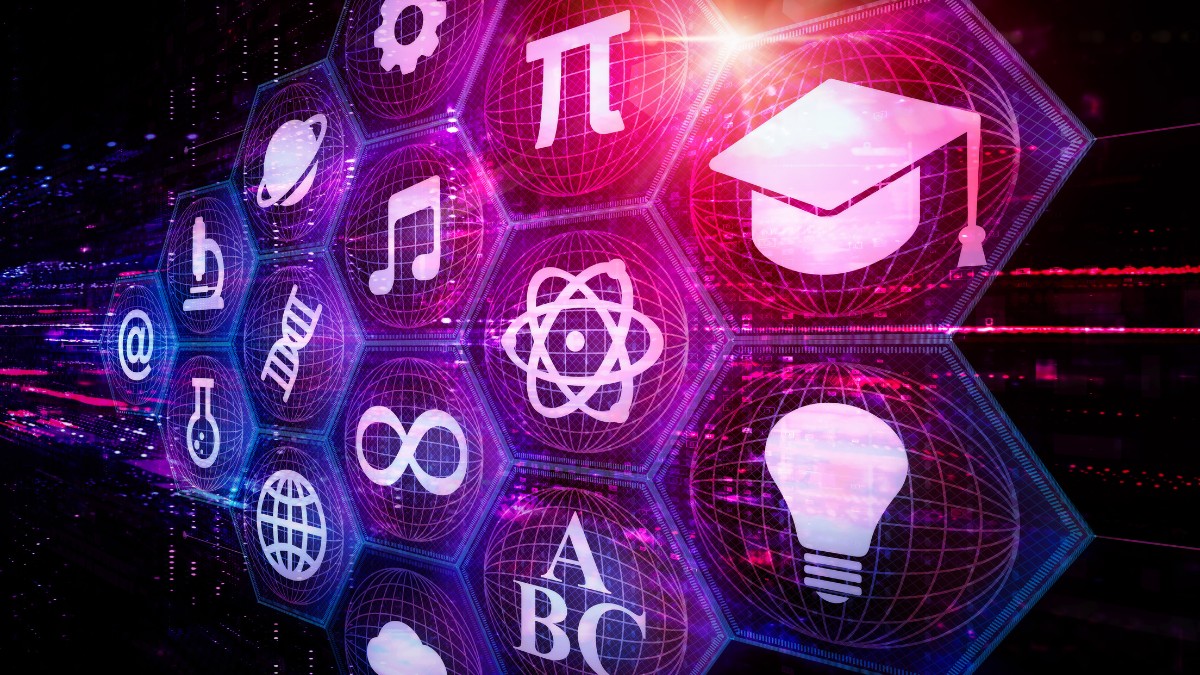Byju’s, India’s renowned edtech company, is making strides in AI-driven education with three transformative models, promising engaging learning for students.
Key Takeaways:
- Byju’s unveils three transformer models to improve the quality and personalization of its educational services.
- The AI models offer personalized guidance, predict learning obstacles, and use student interests for better understanding.
- The transformer models’ introduction signifies a leap towards leveraging AI in the edtech industry.
Byju’s Revolutionizes Edtech with AI, Launches Three Transformer Models
India’s titan of edtech, Byju’s, has rolled out three game-changing transformer models this Wednesday. Aiming to bring a sea change to the quality of its educational services, Byju’s looks to make learning more personalized and streamlined for its students. The company’s big play in AI seeks to leave a transformative impact on multiple facets of its business.
A Peek into the Trio of AI Models
The first of the troika, Badri, is a predictive AI model fine-tuned to detect when learners may stumble over specific concepts. This proactive model offers timely recommendations to fill any gaps in understanding, reinforcing the journey of continuous learning.
The second AI model, MathGPT, is a specialized assistant adept at untangling math problems. It guides students using relatable analogies and visual cues. TeacherGPT, the third entrant, acts as an AI-based mentor, extending personalized guidance to learners and grading their responses to boot.
Byju’s AI models showcase a sophisticated ability to contextualize instructions, incorporating student interests into the teaching strategy. For instance, a student with a passion for cricket would find the AI model using cricket-themed examples to clarify complex concepts.
These transformer models, forming a part of Byju’s “Wiz” suite, have undergone rigorous training on billions of student touchpoints. Their accuracy is clocked at a solid 87%, ensuring that they align with the specific boundaries of the curriculum, as shared by Dev Roy, Chief Innovation and Learning Officer at Byju’s, during his chat with TechCrunch.
AI’s Influence on Byju’s Services and the Edtech Sector
The AI models’ introduction brings significant changes to a student’s journey on Byju’s. Badri, for instance, is implemented across key services, continually gauging a student’s learning based on their content consumption habits. The idea is to offer unique recommendations and tests that are tailor-fit to each student’s learning curve.
During a demo, Roy displayed how MathGPT leverages data from GeoAlgebra (a startup Byju’s acquired in late 2021) to solve equations and offer visual aids. He stressed that all edtech services Byju’s offers would be harnessing AI in the forthcoming quarters.
Divya Gokulnath, Co-founder of Byju’s, added that the company is also using AI internally to improve efficiency across many verticals. She mentioned an example where AI assists in reviewing the quality of a class, examining whether the teacher used the most effective analogies.
However, Byju’s has no plans to replace moderators, content creators, or teachers with these AI suites, which have been under development for over 18 months. Instead, the company believes that these AI models will significantly enhance the educational progress of students, positively influencing many aspects of its business, including the bottom line.
The company confirmed that it is developing its own large language models, recognizing the increasing influence of AI services like OpenAI’s ChatGPT and Google’s Bard on the edtech industry. The stakes for survival are high in the edtech sector, with AI developments causing disruptions. Companies failing to ride the AI wave in edtech may face potential obsolescence, Roy warned.
 Sections of this topic
Sections of this topic
















